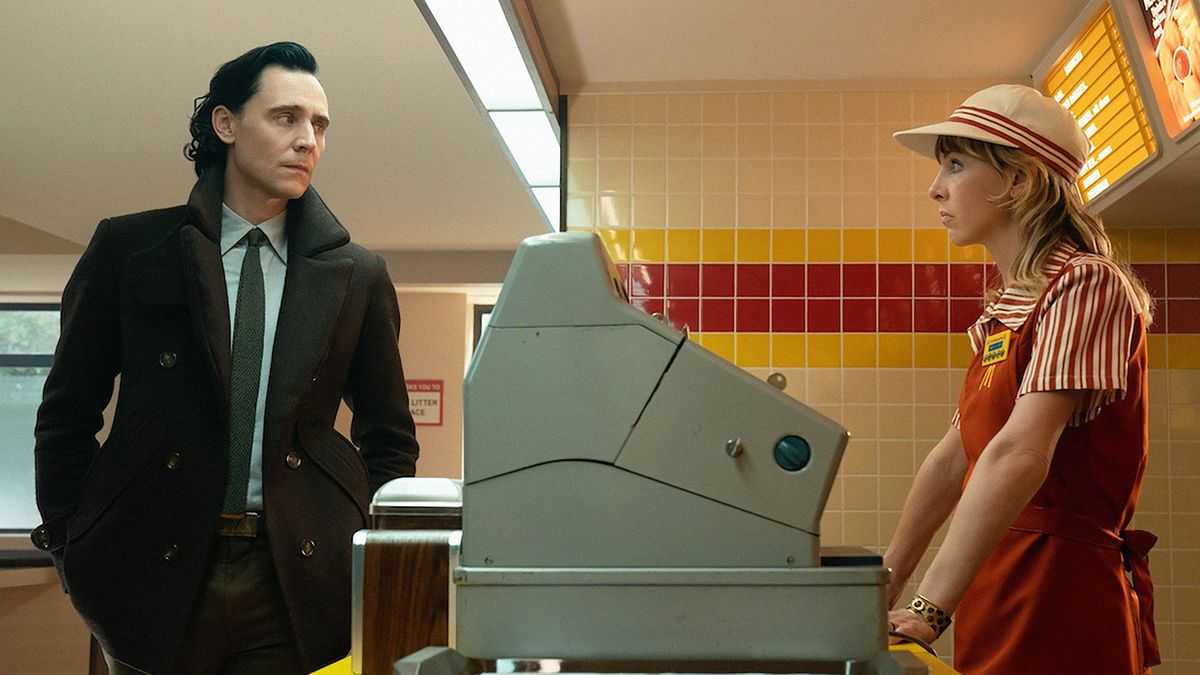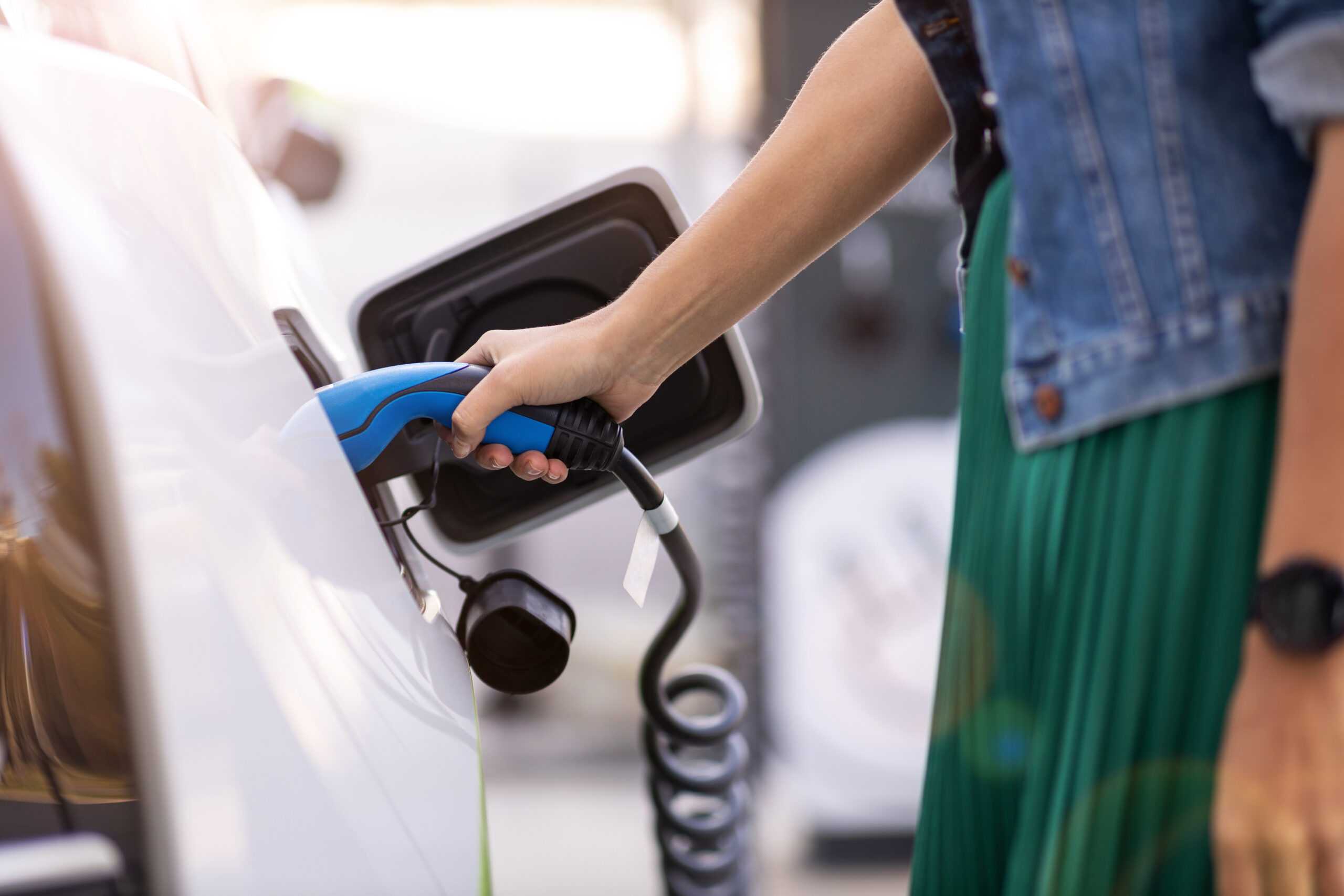As the late, great George Carlin once suggested, plastic may be humanity’s enduring legacy when the species no longer populates Earth. Plastic pollution is a huge ongoing problem because plastic cannot degrade, and humans keep making it. There are approximately 5.25 trillion macro and micro pieces of plastic in our ocean, and around 8 million pieces of plastic find their way into the sea each day.
Beer giant Corona thought it might be a good idea to do something about that, and so the company leveraged its newest plastic retrieval initiative as part of a smart marketing campaign that highlights environmentalism. Corona launched a “plastic fishing” tournament to pay Mexican fishermen to remove as much plastic from the ocean as they could.
All told, 80 fishermen collectively removed three tons of plastic from the ocean in Mazatlán, Mexico, and the winner earned $14,800 pesos, which is the equivalent of about one month of wages earned fishing in the area. The other participants were also compensated at higher rates than fish by Mexico’s largest recycling company, Mexico Recicla. The company intends to reuse the retrieved plastic for tools that fishermen use daily and is in talks with the fishermen to formalize how they can continue to work together.
The tournament comes just a few weeks after Corona boasted that it became the first in the beverage industry to achieve “net-zero plastic,” meaning that it’s removing at least as much plastic from the environment as it’s producing. In mid-July, the beer company launched a “Protect Our Beaches” initiative in the US in partnership with nonprofit Oceanic Global – a multi-year commitment to remove one million pounds of plastic from beaches and its business by the brand’s 100th birthday in 2025.
Corona has long used beachside imagery in its marketing campaigns, so it makes sense to leverage this aspect of environmentalism to promote its brand. According to Interpret’s New Media Measure®, Corona’s customers also consider themselves to be more environmentally conscious than customers of competing beer brands.






